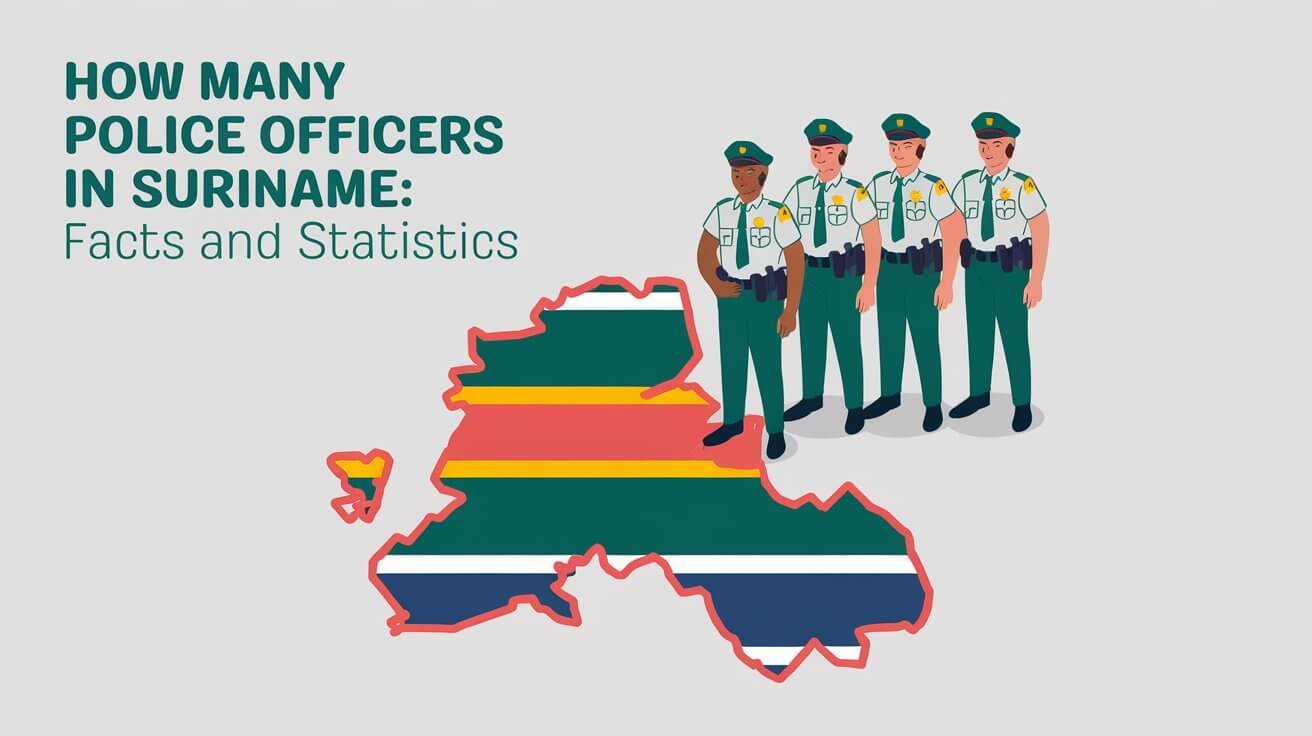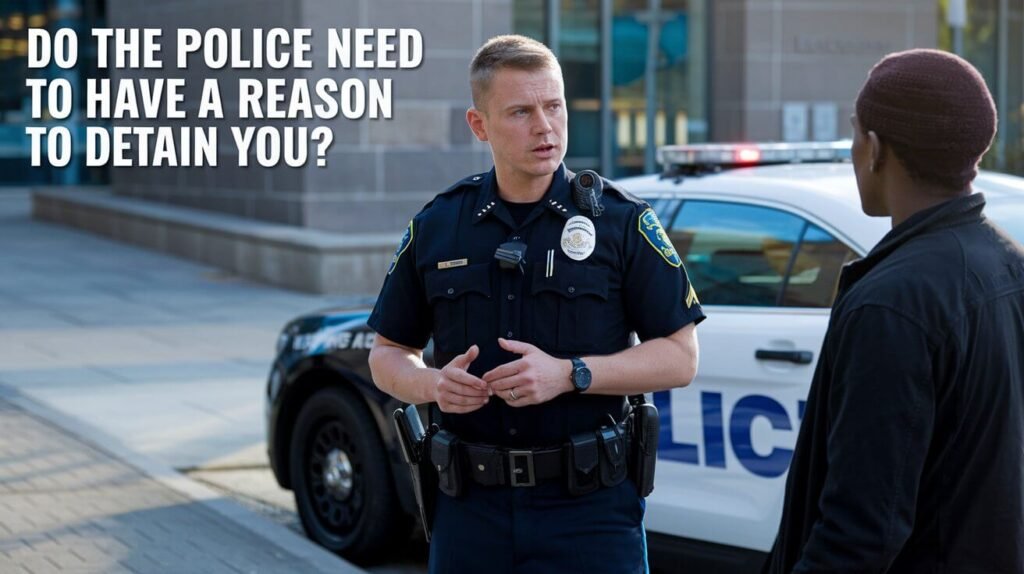Ever wondered why police are sometimes referred to as "12"? It’s not just a random number, my friend. This term has a deep-rooted history that dates back to old-school law enforcement traditions. Let’s dive into the mystery and uncover why cops and law enforcement agencies use this code. Trust me, it’s way more interesting than you think!
Picture this: you’re cruising down the highway, blasting your favorite tunes, when suddenly you hear someone on the CB radio saying, “Watch out for the 12 up ahead!” Now, unless you’re living under a rock, you probably know they’re talking about the police. But have you ever stopped to think about why they call them that? It’s not like the number 12 has anything to do with law enforcement on the surface, right?
Well, buckle up because we’re about to take a trip down memory lane and explore the fascinating origins of this term. By the end of this article, you’ll not only know why police are called 12 but also understand how this lingo became a part of pop culture and everyday language. Let’s get started!
Read also:Johnny Somali Update The Latest Insights On The Rising Music Star
Understanding Police Codes: A Quick Overview
Before we jump into why police are called 12, let’s first break down the concept of police codes. These codes are essentially shorthand signals used by law enforcement officers to communicate quickly and efficiently. Think of them as a secret language that helps officers save time and avoid misunderstandings in high-pressure situations.
Some of the most famous codes include “10-4” for “message received” and “10-20” for “location.” But did you know that the number 12 also has a special place in this code system? It’s not just a random number; it’s a symbol of authority and respect in the world of law enforcement.
Here’s a quick list of common police codes to give you a better understanding:
- 10-4: Message received
- 10-20: What’s your location?
- 10-7: Out of service
- 10-9: Repeat message
- 12: Police or law enforcement
Why Are Police Called 12? The Origins
Now that we’ve covered the basics of police codes, let’s get to the heart of the matter: why are police called 12? The answer lies in the early days of radio communication. Back in the 1930s, when radios were first introduced to police departments, officers needed a way to communicate without giving away sensitive information to the public.
The number 12 was chosen because it was easy to remember and stood out from other numbers. It also had a symbolic meaning: 12 represents completeness and authority in many cultures. For example, there are 12 hours on a clock, 12 apostles in the Bible, and 12 months in a year. So, when police adopted the number 12, they were essentially saying, “We’re the ultimate authority in maintaining order and safety.”
How Did the Term Spread?
As radio communication became more widespread, the term “12” started to gain popularity outside of law enforcement circles. Truckers, who relied heavily on CB radios to communicate with each other, picked up the term and began using it to warn fellow drivers about police presence on the road. This is how the phrase “watch out for the 12” became a staple in trucker culture.
Read also:Aditi Mistry Premium Show An Indepth Look At The Hottest Entertainment Trend
But it didn’t stop there. The term eventually made its way into movies, TV shows, and music, cementing its place in popular culture. Today, even people who have never heard of police codes know what “12” means when it comes to law enforcement.
The Role of CB Radios in Popularizing the Term
CB (Citizen’s Band) radios played a huge role in spreading the term “12” beyond the confines of police departments. In the 1970s, CB radios became incredibly popular among truckers and everyday people who wanted to stay connected while on the road. These radios allowed users to communicate over short distances, making them perfect for sharing information about traffic conditions, road closures, and—you guessed it—police activity.
Truckers, in particular, loved using code words to warn each other about speed traps and other law enforcement activities. The term “12” quickly became a go-to phrase for referring to police, and it wasn’t long before the rest of the world caught on.
Why Did Truckers Use Code Words?
Truckers used code words for a variety of reasons. First, it allowed them to communicate quickly and efficiently without giving away sensitive information to eavesdroppers. Second, it added an element of fun and camaraderie to their conversations. And finally, it helped them avoid trouble with the law by staying one step ahead of police officers.
Here are some other popular CB code words you might find interesting:
- Bear: Police officer
- Smokey: State trooper
- Radar trap: Speed check
- Breaker: Someone who interrupts a conversation
The Legal Implications of Using Police Codes
While using police codes might seem harmless, there are some legal implications to consider. In some jurisdictions, it’s illegal to use code words to warn others about police activity, especially if it’s done with the intent to obstruct justice. For example, if a group of drivers uses CB radios to alert each other about speed traps, they could potentially face charges for interfering with law enforcement.
That being said, most casual use of police codes, like referring to police as “12,” is perfectly legal. It’s only when the codes are used to commit or conceal a crime that they become problematic.
Can You Get in Trouble for Using CB Codes?
In most cases, no, you won’t get in trouble for using CB codes. However, if you’re using them to coordinate illegal activities or interfere with law enforcement, you could find yourself in hot water. Always remember that the law exists to protect everyone, so it’s important to use common sense and respect the rules of the road.
Cultural Impact of the Term “12”
The term “12” has had a significant impact on popular culture over the years. From movies like “Smokey and the Bandit” to songs like C.W. McCall’s “Convoy,” references to police codes have become a staple of American entertainment. Even today, you’ll find the term “12” popping up in TV shows, movies, and social media posts.
But why does this term have such staying power? Part of it has to do with its simplicity and ease of use. The number 12 is short, memorable, and universally understood. Plus, there’s something inherently cool about using insider lingo to communicate with others. Whether you’re a trucker, a law enforcement officer, or just someone who enjoys learning about the history of language, the term “12” has something for everyone.
Famous References to “12” in Pop Culture
Let’s take a look at some of the most famous references to “12” in pop culture:
- Smokey and the Bandit (1977): This classic film features a group of truckers using CB radios to evade police officers, often referring to them as “12.”
- Convoy by C.W. McCall: This hit song from the 1970s tells the story of a group of truckers using CB radios to outsmart the law. The term “12” is used throughout the song to refer to police.
- The Dukes of Hazzard: This beloved TV show often featured characters using CB radios to communicate with each other, including references to “12” as a code for police.
Modern-Day Usage of the Term “12”
While the use of CB radios has declined in recent years, the term “12” is still alive and well in modern culture. Today, you’re more likely to hear it in social media posts, memes, or casual conversations than on the road. But its roots in law enforcement and trucker culture remain strong, reminding us of a time when communication was simpler and more personal.
So, the next time you hear someone refer to the police as “12,” take a moment to appreciate the rich history behind this seemingly simple term. It’s a testament to the power of language and the enduring legacy of those who came before us.
Is the Term “12” Still Relevant Today?
Absolutely! While the way we communicate has changed dramatically over the years, the term “12” remains a popular way to refer to police in certain circles. Whether you’re a trucker, a law enforcement officer, or just someone who enjoys learning about the history of language, the term “12” has something to offer everyone.
Conclusion: Why Are Police Called 12?
So, why are police called 12? The answer lies in a combination of history, culture, and practicality. From its origins in early radio communication to its place in modern-day pop culture, the term “12” has become a symbol of authority and respect in the world of law enforcement.
As we’ve explored in this article, the use of police codes like “12” serves a practical purpose while also adding an element of fun and camaraderie to communication. Whether you’re a trucker warning fellow drivers about speed traps or a movie buff enjoying a classic film, the term “12” has something for everyone.
Now that you know the story behind this fascinating term, why not share it with your friends? Drop a comment below and let us know what you think. Who knows, maybe you’ll start a new trend and bring the term “12” back into the spotlight!
Table of Contents
Understanding Police Codes: A Quick Overview
Why Are Police Called 12? The Origins
The Role of CB Radios in Popularizing the Term
Why Did Truckers Use Code Words?
The Legal Implications of Using Police Codes
Can You Get in Trouble for Using CB Codes?
Cultural Impact of the Term “12”
Famous References to “12” in Pop Culture


